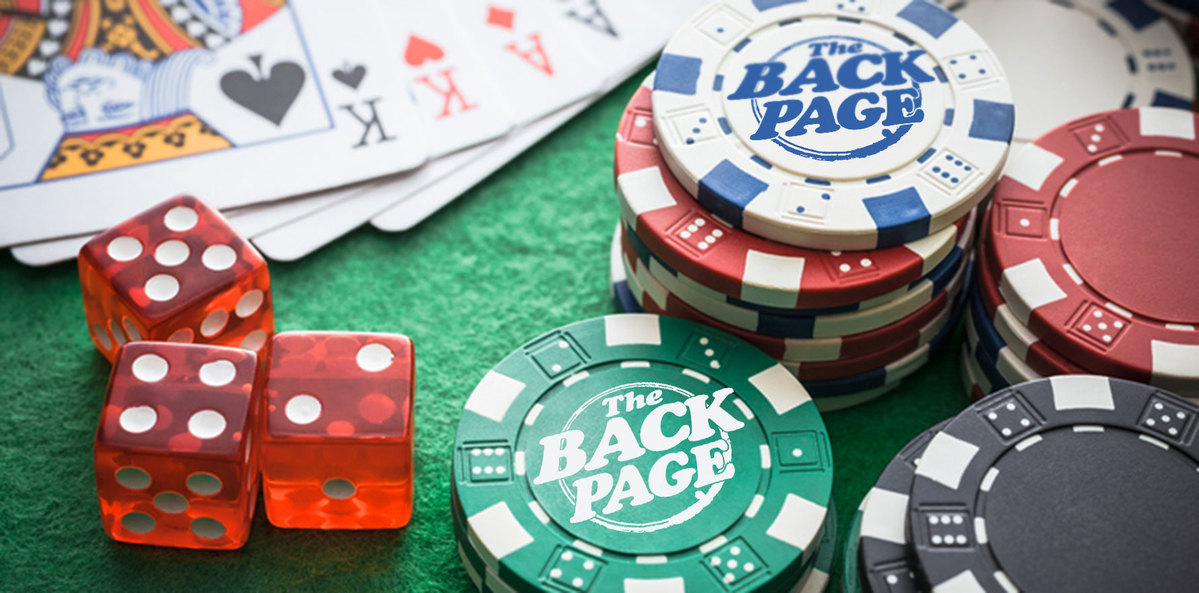Reinforcement learning is different in OCD and problem gambling.
This Back Page correspondent is no stranger to harnessing the powers of dopamine for the sake of self-improvement, otherwise known as good old-fashioned bribery.
More often than not, the reward (a copious helping of carbs and sugar) cancels out any virtue attained by the good habit, but as we all know it’s the thought that counts.
However, for people with OCD or problem gambling, a team of Aussie researchers found that reward-seeking behaviour, particularly how one responds to being rewarded unexpectedly, works very differently.
Obsessive-compulsive disorder and problem gambling both feature repetitive and inflexible behaviour, bringing them under the (controversial) umbrella of “behavioural addiction”, according to the study’s authors.
Using an MRI, researchers measured the brain activity of 80 participants, 29 with OCD and 17 identified as problem gamblers, as they completed a series of trials designed to assess how each group responded to making the wrong bet.
The trials involved participants selecting one of two stimuli then receiving a reward, loss, or nothing according to the probability assigned to their choice. During the reward trials, participants made choices to continuously earn rewards; in avoidance trials, the goal was to avoid losses as much as possible.
Participants needed to learn the probability of winning or losing assigned to each stimulus through experience.
The findings, published in PLOS Biology, revealed that participants with both conditions exhibited asymmetric learning – they were less likely than controls to learn from their incorrect predictions when their choices were worse than expected.
The OCD subjects showed a lower learning rate for worse-than-expected outcomes. The problem gamblers tended to both “over-learn” from positive outcomes and “under-learn” from negative ones; they did not modify their behaviour when their incorrect predictions were rewarded unexpectedly during the reward trials.
The team found no notable difference between OCD/PG subjects and controls when it came to loss avoidance, but speculate that as their “loss” was monetary rather than, as in previous studies, consisting of electric shocks, their effect size may have just been too small to register.
The authors say teasing out differences in positive and negative reinforcement learning in people with OCD and problem gambling could contribute to developing different treatment approaches for the conditions.
Send penny@medicalrepublic.com.au story tips to get your dopamine high.


